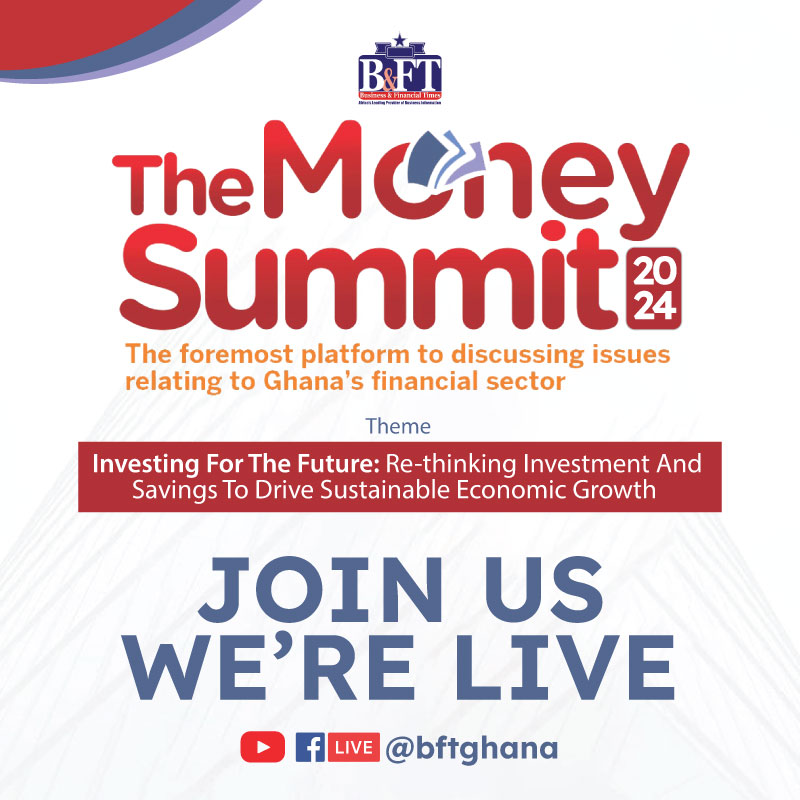Government is keen on meeting the 85 percent financial inclusion target set for 2023 in an attempt to enlighten the public on ponzi schemes and illicit financial activities, all to significantly reduce issues of financial fraud among others.
Despite efforts to clean up the financial sector and ensure market discipline to protect investments of Ghanaians, many still continue to fall prey to illicit financial schemes; and in light of this, government seeks to improve financial inclusion and awareness from its current 58 percent state to 85 percent.
In connection with this target, the Ministry of Finance (MoF) and its partner institutions are in the process of developing a Ghana Financial Sector Development Project (GFSDP) to, among other things, fight for a financially included society – especially the unserved and underserved populations such as rural folk, youth groups, women and SMEs.
According to the MoF, there are many out there who continue to engage with unlicenced and illegal financial institutions promising greater returns on their investment – which is as a result of the meagre level of financial inclusion among the country’s adult population.
“It is in light of this that government is embarking on the Ghana Financial Sector Development Project (GFSDP) with the objective of promoting financial inclusion among the adult population. As part of the project, government is designing a comprehensive National Financial Literacy Strategy (NFLS) that will inform the kind of financial programmes we provide to the populace, especially to the unserved and underserved populations,” Principal Economics Officer, Banking & Non-Banking Unit-MoF, Patience Arko-Boham, has said.
To complement GFSDP, government is also in the process of linking informal financial institutions or groups such as Village Savings and Loans Association (VSLAs) to formal financial services in order to promote market transparency and make available to them a wider range of financial services and products which meet the needs of their members.
Ms. Arko-Boham made the revelation at the International Improving Financial Awareness & Financial Literacy Association, University of Ghana Chapter launch.
The MoF further reiterated that the fight for a financially inclusive society demands collective efforts from government, private sector, social NGOs, associations and educational institutions whose work in promoting financial literacy will complement government’s effort at alleviating poverty by empowering the citizenry to make sound financial decisions.
Director, Financial Stability Department-BoG, Dr. Joseph France, reiterated that the importance of financial literacy in an emerging economy like Ghana cannot be overemphasised; and one of the drivers for FI is when the citizenry understand products and services provided by institutions amid their rights and responsibilities.
He indicated that educational literacy does not automatically mean financial literacy, adding that the general adult literacy rate of the country has unfortunately not translated into an improvement in the financial literacy rate. “The effects have been an increased number of victims of financial fraud, loss of funds and properties, and increased number of complaints from the general public,” he said.
He emphasised that the BoG has been very active on the various social media handles and continues to provide prompt responses to complaints and enquiries from the public, using info-graphics among others to promote financial literacy.











